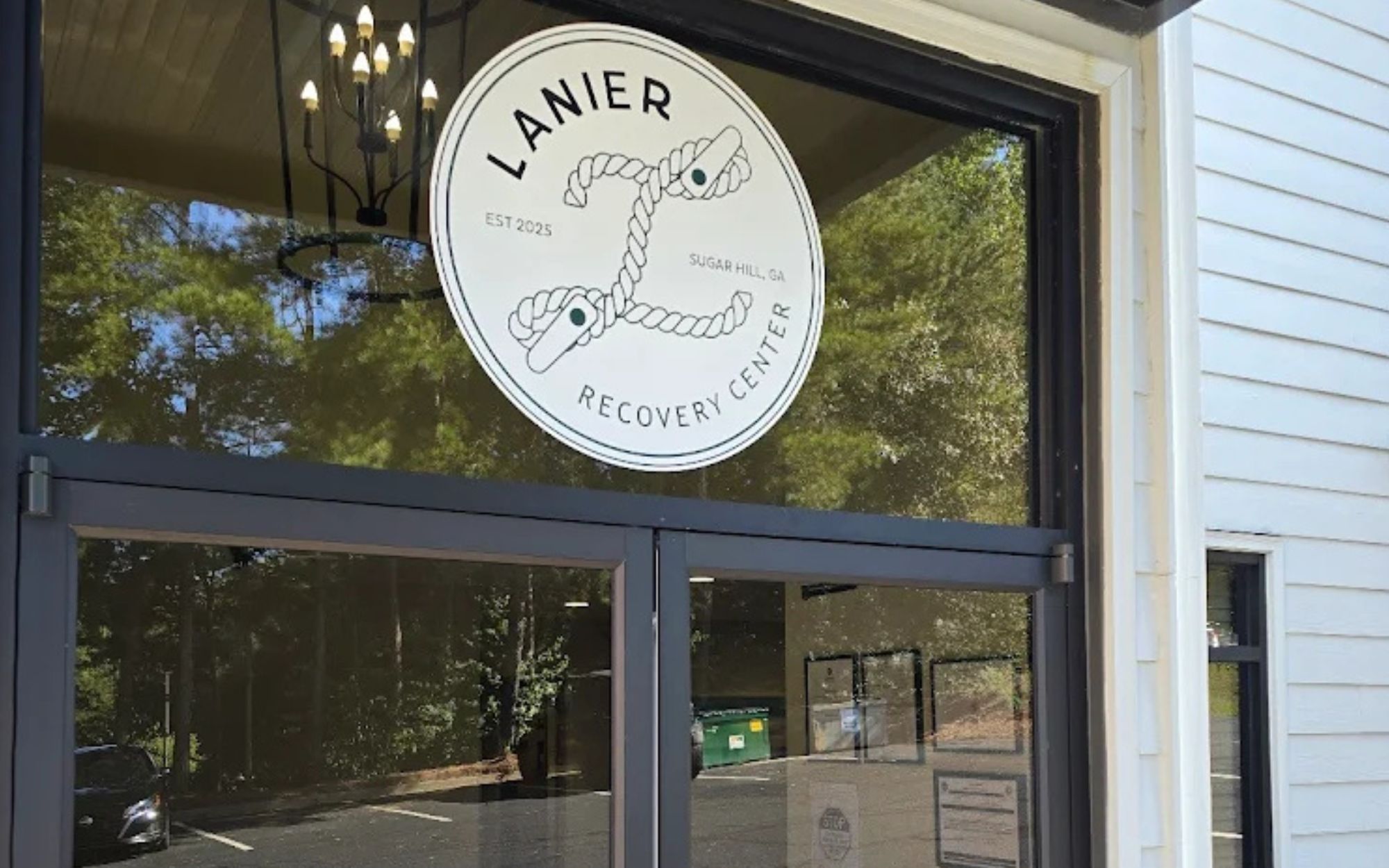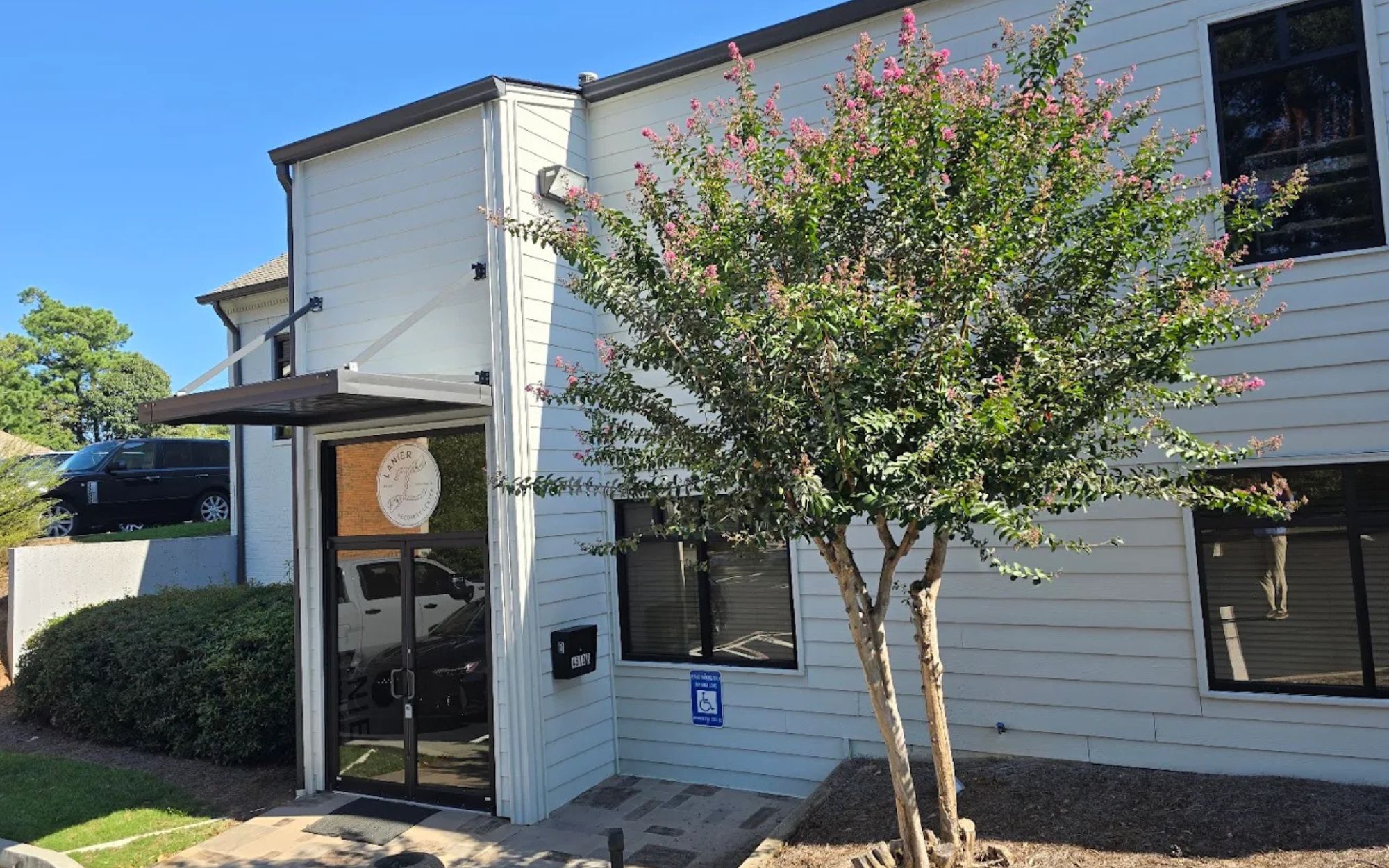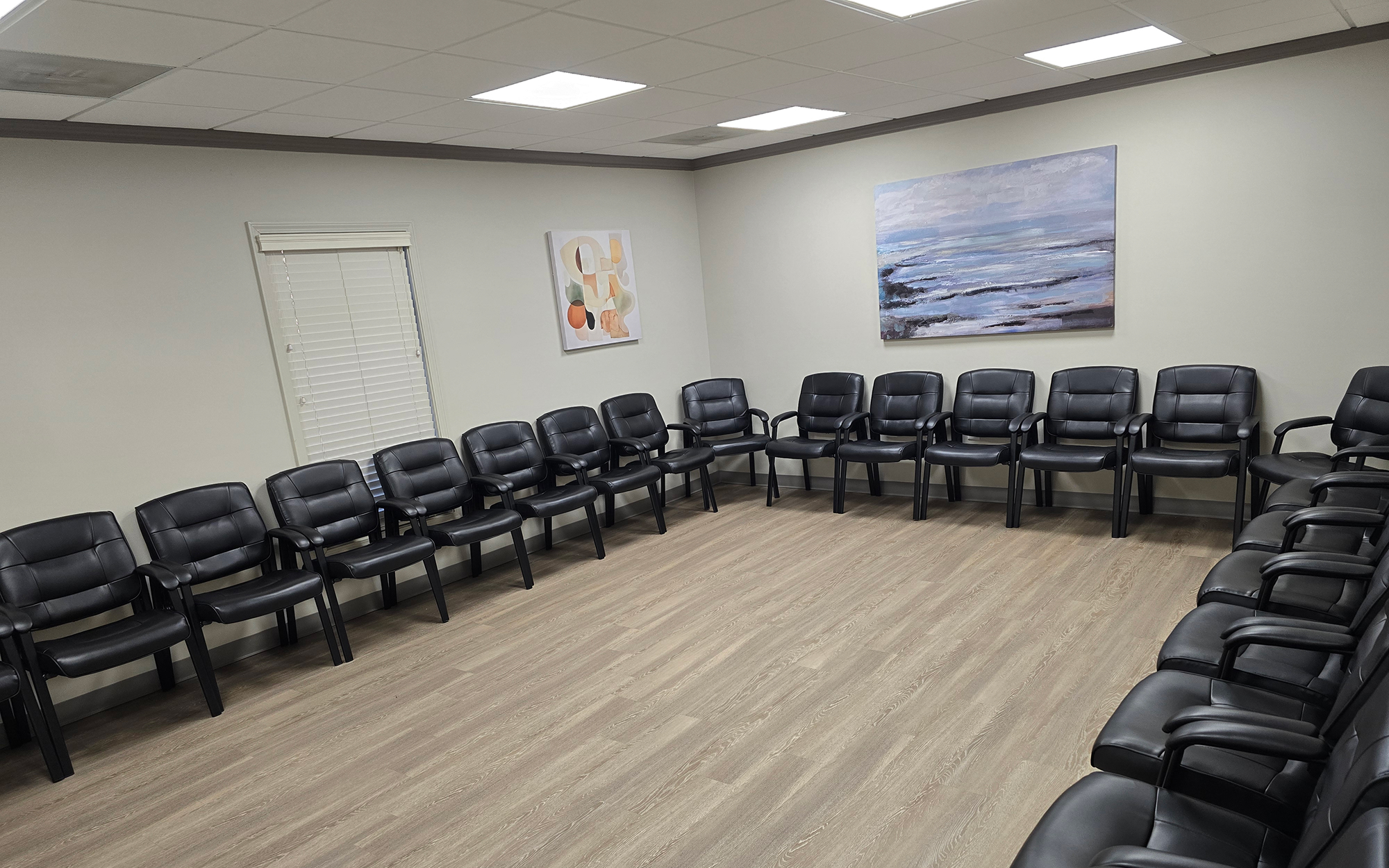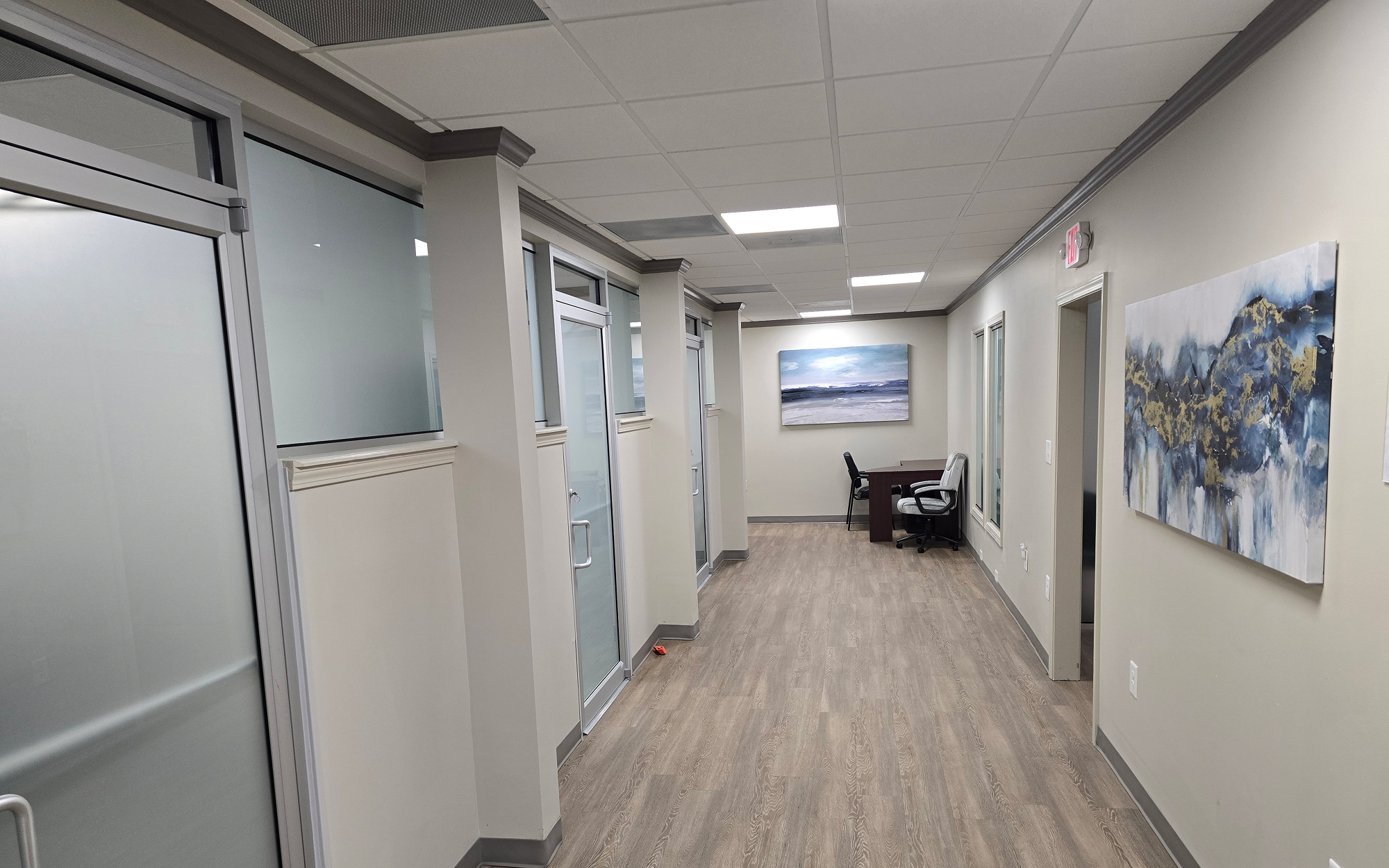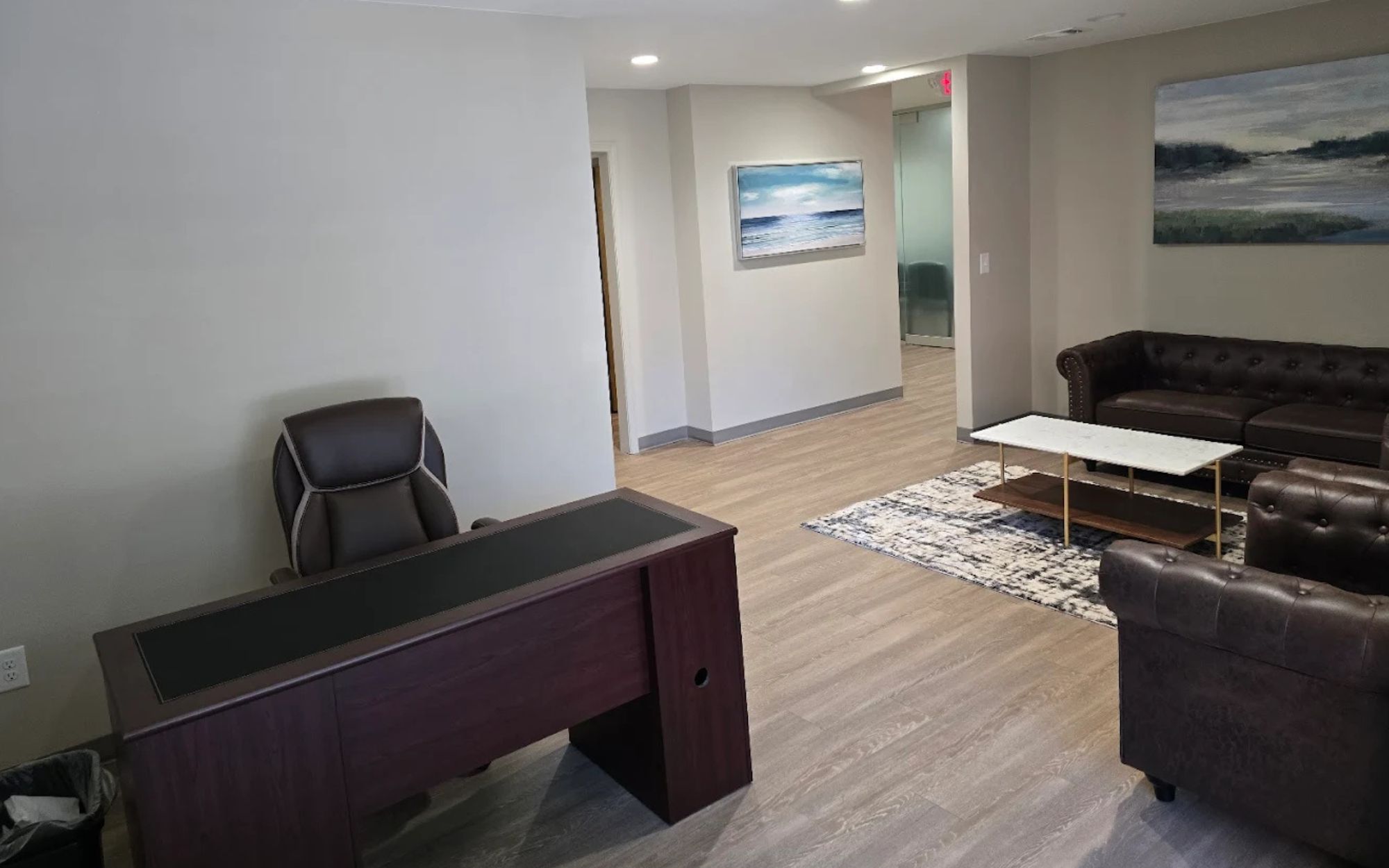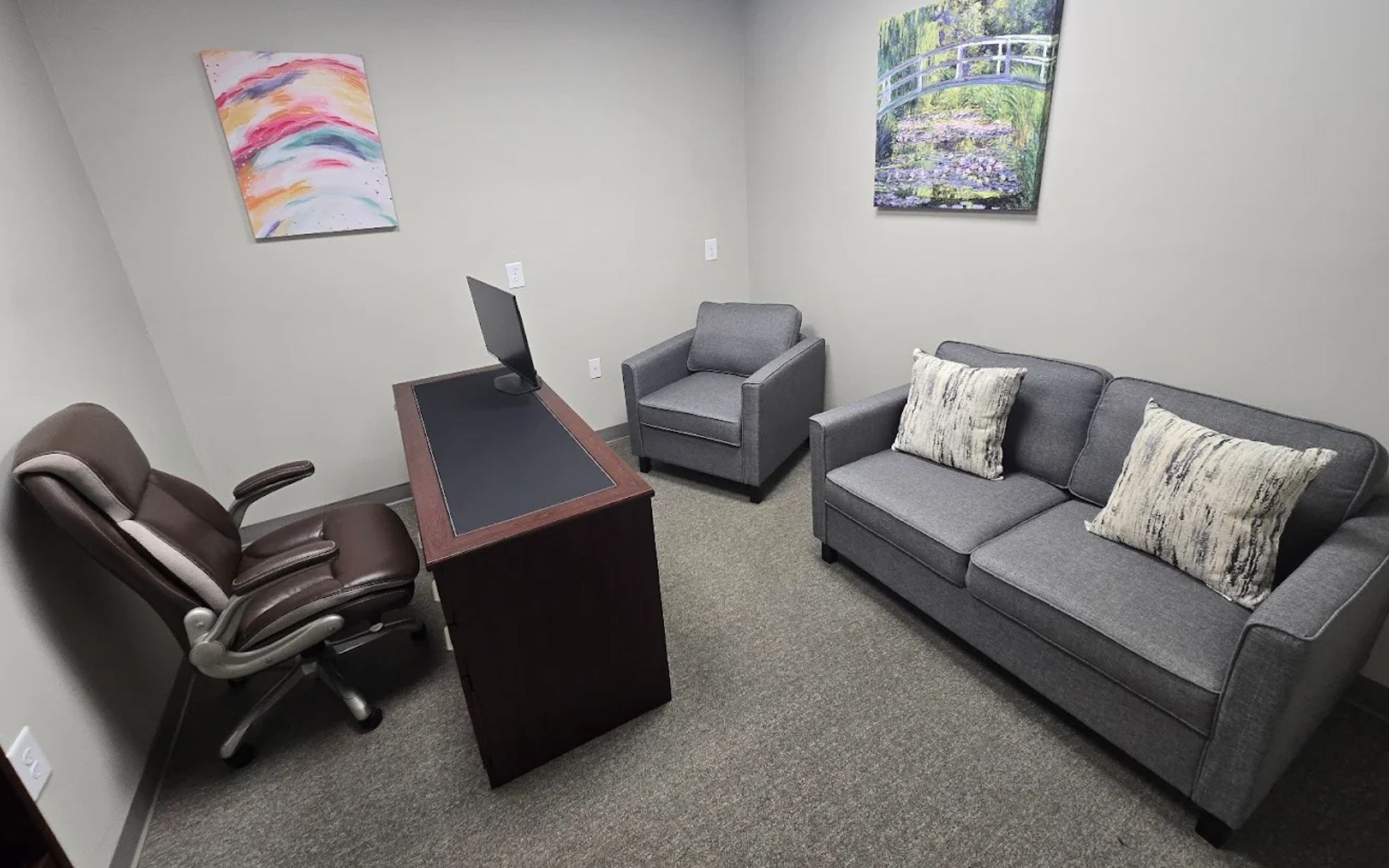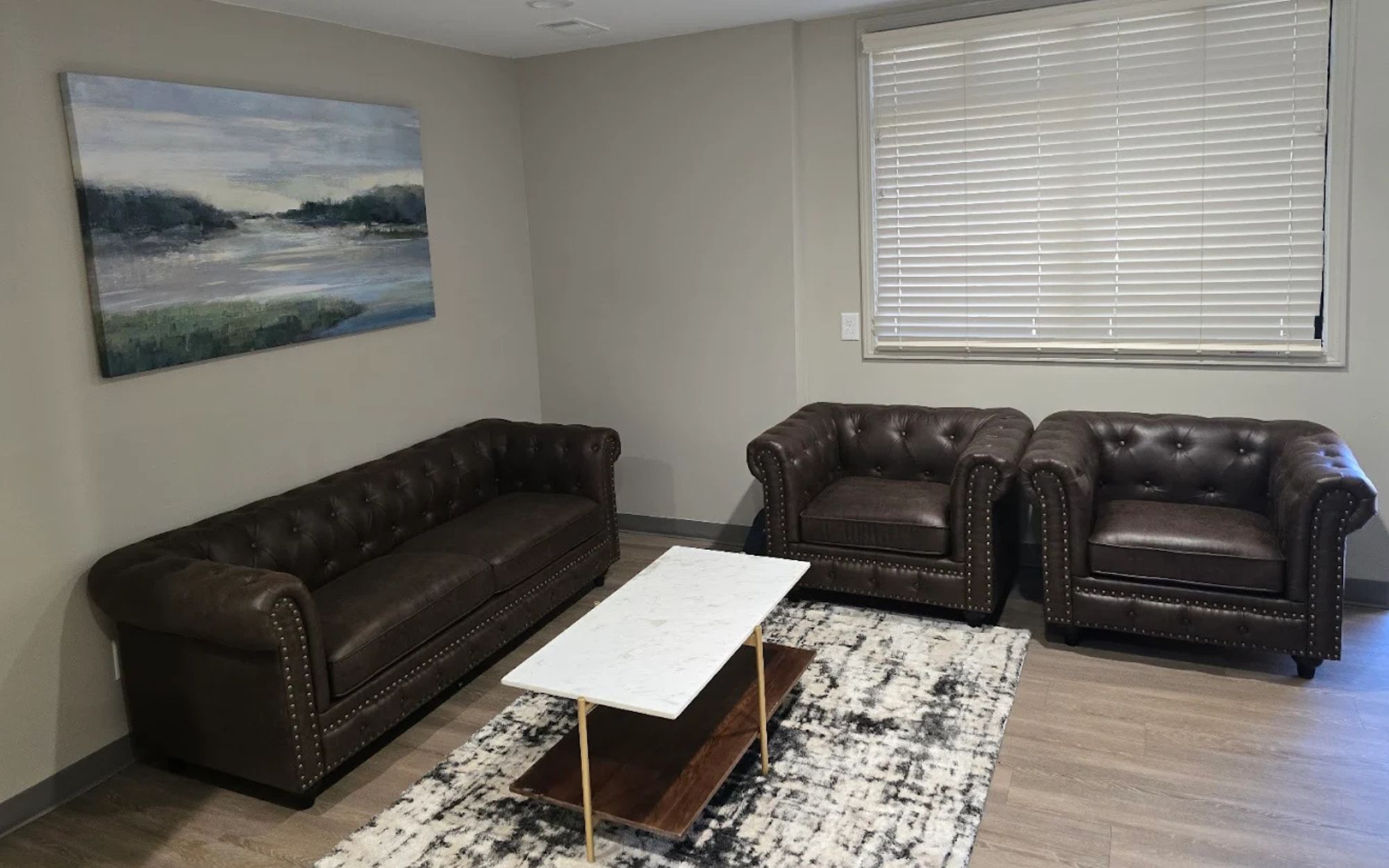
Experiential therapy in Atlanta, Georgia
At Lanier Recovery Center, we believe healing is more than talk; it’s about connecting with yourself in new ways. That’s why we incorporate Experiential Therapy into our comprehensive addiction and mental health treatment programs. This dynamic, hands-on approach goes beyond traditional talk therapy by using guided experiences to help clients process trauma, express emotions, and build new patterns of behavior.
Experiential Therapy is offered across all levels of outpatient care, PHP, IOP, and OP, as part of an individualized treatment plan tailored to each person’s needs, history, and recovery goals. From expressive arts and roleplay to somatic techniques and mindfulness practices, we create space for clients to heal emotionally, relationally, and somatically.

